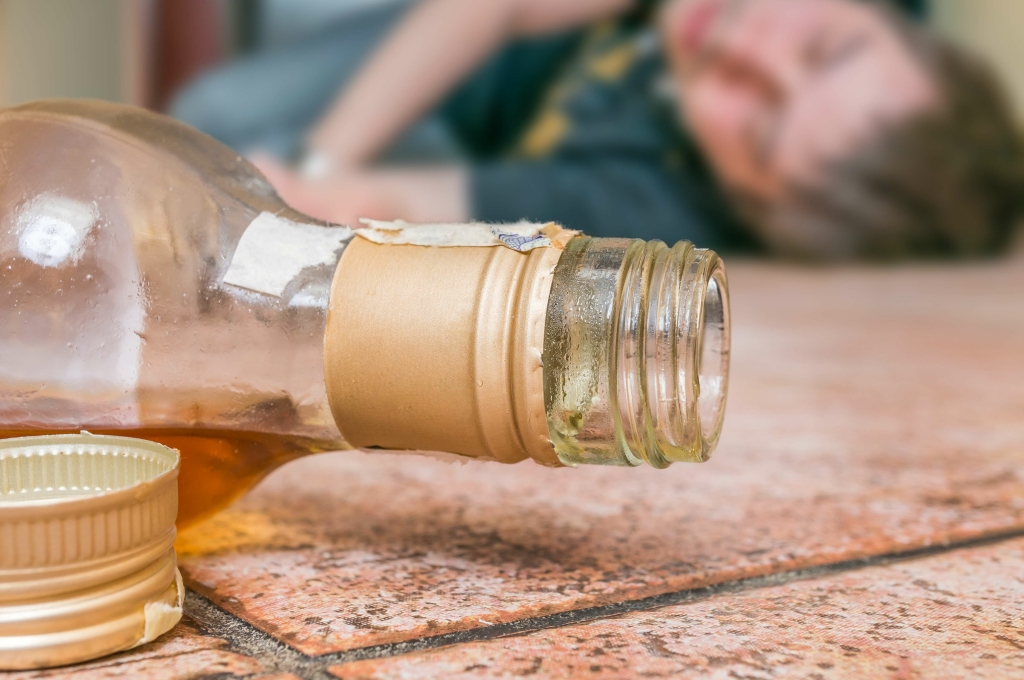Content
Direct tapers are better if you prefer drinks that contain a low percentage of alcohol. There are two ways to taper off alcohol—a direct or substitution taper. The success of these strategies will depend on how much you drink and what you drink. If you have a severe level of addiction or dependency, you may need a detox program. Talk to a medical professional to find the best detox option for you.
Although all forms of alcohol cessation should be done with medical guidance, tapering your alcohol intake may give you the ability to self-wean from drinking at home. Whichever method you choose, what is most important is to commit to your alcohol tapering schedule, so you can be sure that you have avoided the symptoms of alcohol withdrawal as much as possible. This is why many people dependent on alcohol will choose to taper down their usage rather than stop drinking altogether. Someone will slowly diminish the amount they drink with the intention of avoiding the symptoms of alcohol withdrawal completely and will hopefully be able to avoid a relapse as well. Fortunately, deaths resulting from alcohol withdrawal are a rare occurrence. If your BASELINE ALCOHOL CONSUMPTION is less than 20 drinks per day then we recommend reducing consumption by two standard drinks per day.
Relapse Prevention Strategies
Because of alcohol, your brain adjusts the amount of GABA it makes. If you suddenly stop drinking, your brain will not have enough GABA and can become hyper-excitable, leading to uncomfortable and dangerous withdrawal symptoms like increased heart rate and seizure. The first and most important step of an at-home alcohol detox is to check in with your doctor and make sure that it is safe to do. They can also provide you with medications that can help make the process easier. The final step of tapering off alcohol is to define your alcohol-free days.

The goal of an alcohol taper is to minimize the withdrawal symptoms while still undergoing detox. In essence, tapering is a detoxification process that is not being administered or observed by a doctor or medical staff. It is commonly a self-managed detox method which is usually less successful than a program how to taper off alcohol at an alcohol detox center. Patients who experience more severe withdrawal (i.e., who have CIWA-Ar scores of 8 to 15 or greater) should receive pharmacotherapy to treat their symptoms and reduce their risk of seizures and DT’s. The medications with the best efficacy and safety are the benzodiazepines.
Cons of Tapering Down Alcohol Intake
Many of the effects of drinking every day can be reversed through early intervention. You can also get help by reaching out to a professional rehab facility directly, like The Recovery Village. We can leverage our resources and team to help you reduce and eventually end your alcohol use. However, some groups have stepped in to try to bridge this gap and have published sample tapering schedules to help those trying to stop drinking. Deciding to quit drinking and following through isn’t just about willpower. Many other factors go into play with these difficult and trying scenarios.
With a Master’s Degree from Tufts School of Medicine and Emerson College in Health Communication, Laura has continued to find excitement and challenge in her chosen field. She is also the Board President, BarZero https://ecosoberhouse.com/ and Board Member of the Colorado Professional Liaison Association. Once you have completely tapered off alcohol, you will have to decide if you want to follow a path of total abstinence or moderate alcohol use.
A Restful Detox
If that is, in fact, the case, and they are going to experience the symptoms of withdrawal anyway, then it might be more helpful for them to undergo a more streamlined and straightforward detox process. This should, of course, still be done under the care and supervision of a medical professional at a treatment center specializing in medical detoxification. For many other drugs, tapering is actually a standard treatment during medical detox. For people who depend on opioids, benzodiazepines, or antidepressants, it is typical to slowly reduce someone’s dosage as opposed to immediately cutting them off completely.
Quitting cold turkey can shock your system since it has become used to functioning with alcohol. Nanci Stockwell of Advanced Recovery Systems discusses the risks of detoxing at home and the benefits of detoxing from alcohol and other drugs in a safe environment. You will also find information on spotting the signs and symptoms of substance use and hotlines for immediate assistance. A direct taper means you continue to drink your regular drinks but slowly decrease the amount over time.
